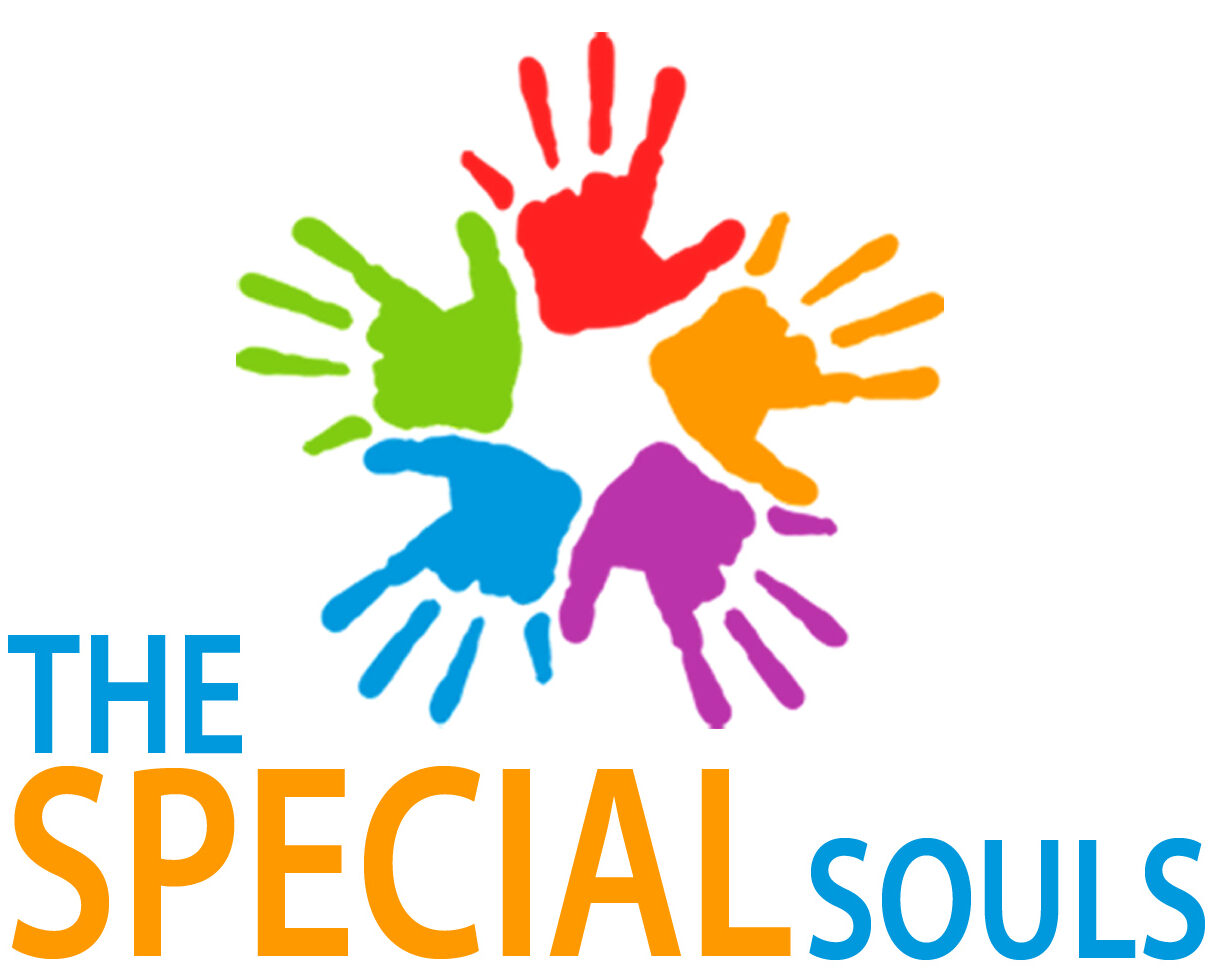what are intellectual disabilities
Intellectual disabilities (ID), also known as intellectual developmental disorders or cognitive disabilities, are a group of conditions characterized by limitations in intellectual functioning and adaptive behavior.
Intellectual Functioning:
Individuals with intellectual disabilities typically have below-average intellectual functioning, often measured by IQ tests. The severity of intellectual impairment can vary widely, ranging from mild to profound.
Adaptive Behavior
Adaptive behavior refers to the collection of skills necessary for independent daily functioning. This includes skills related to communication, self-care, social interaction, and academic or vocational skills. Difficulties in adaptive behavior can significantly affect an individual’s ability to live independently and participate in various activities.
Onset and Development
Intellectual disabilities typically manifest during the developmental period, before the age of 18. While some causes of intellectual disabilities are present at birth (such as genetic conditions or brain abnormalities), others may result from environmental factors, prenatal exposure to toxins, or developmental delays.
Causes:
Intellectual disabilities can have various causes, including genetic conditions (such as Down syndrome, Fragile X syndrome, or Rett syndrome), prenatal exposure to toxins or infections, complications during childbirth, or environmental factors. In some cases, the cause may not be identified.
Impact on Daily Life:
Intellectual disabilities can significantly impact an individual’s daily life, including their ability to learn, communicate effectively, and engage in social relationships. However, with appropriate support, many individuals with intellectual disabilities can lead fulfilling lives and participate actively in their communities.
Support and Intervention
Early intervention and ongoing support are crucial for individuals with intellectual disabilities. This may include specialized education programs, speech therapy, occupational therapy, behavioral interventions, and support services for both the individual and their family or caregivers.
